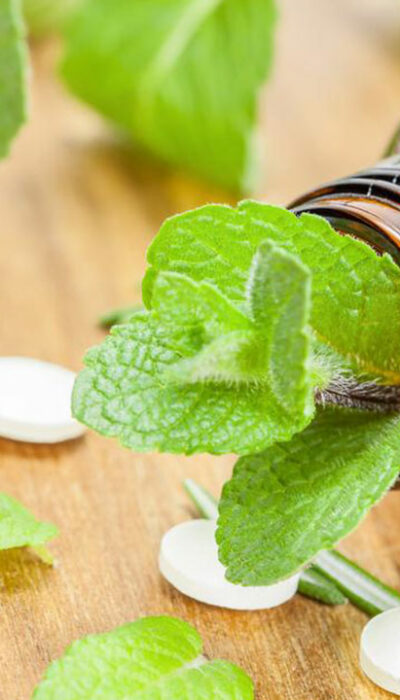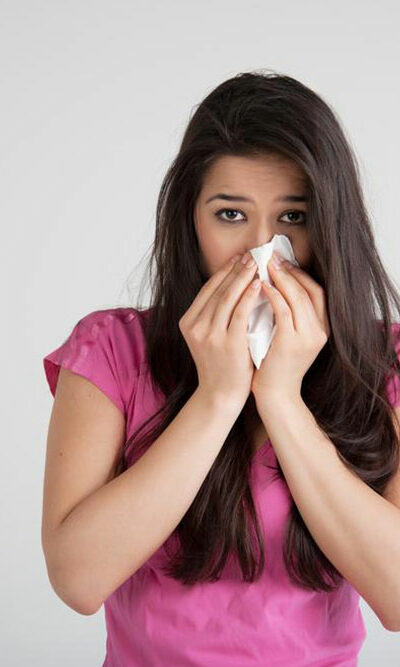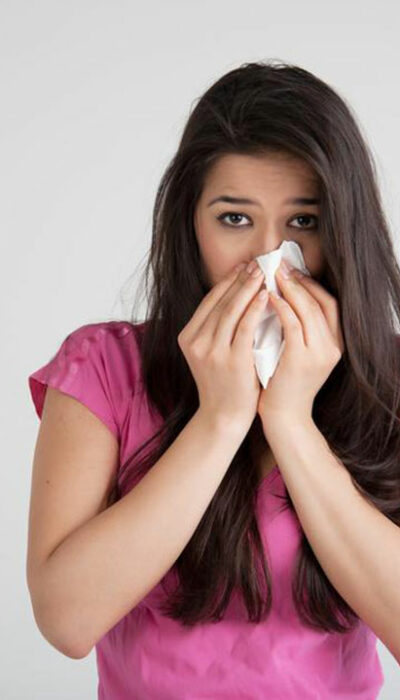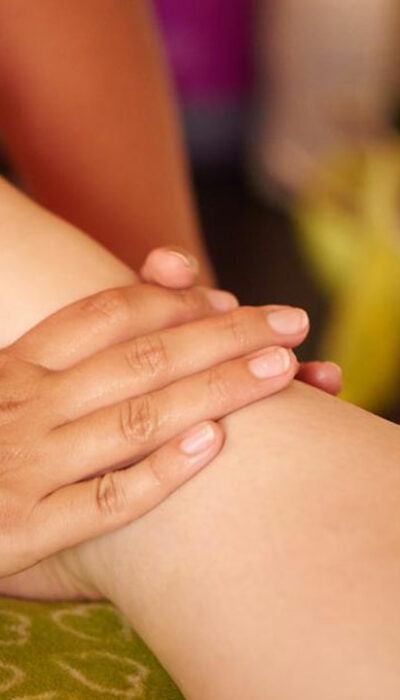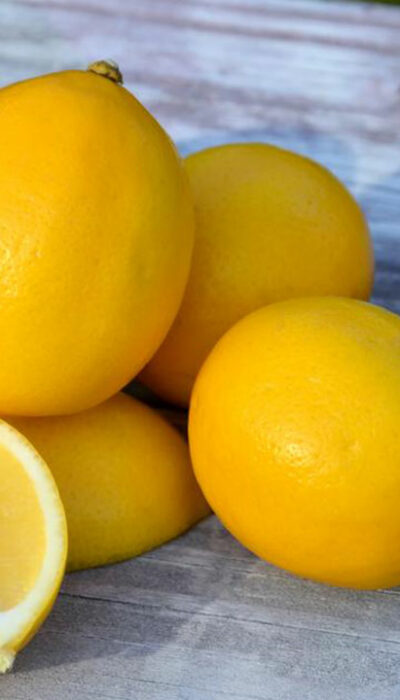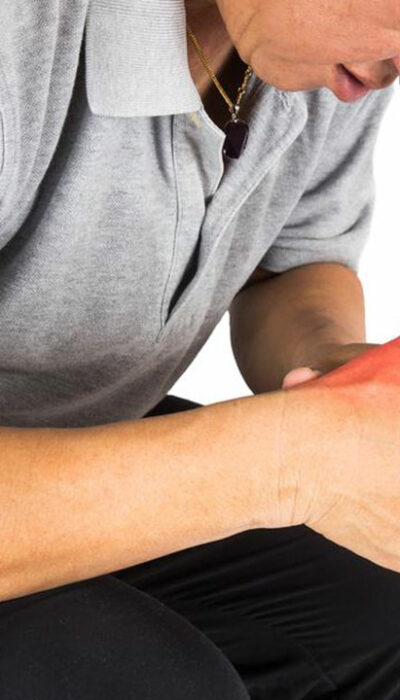
Here’s What You Need to Know About Alcohol Rehabilitation Programs
Alcoholism is the severe dependency and inability to control on consumption of alcohol by an individual. This type of addiction is irrespective of legal and health issues. Alcohol rehabilitation program provides services and recovery treatments to people who are addicted to alcohol. The addiction could be to the point that they might start experiencing health deterioration due to overconsumption of alcohol and withdrawal symptoms on quitting alcohol even for a brief period of time. Goals of an alcohol rehabilitation program The first and foremost important goal of an alcohol rehabilitation program is to end alcohol abuse. It can be achieved by making gradual psychological, personal and interpersonal changes that can help you remain abstinent from alcohol. The rehabilitation program also aims to improve overall health and explain the benefits of sobriety, aiming to reduce future health risks. Being addicted to alcohol comes with its set of psychiatric disorders and psychological problems. This is because the person has been addicted to alcohol for a significant amount of time. This could be because of an underlying psychological trauma and psychiatric disorder that might have stemmed from the previous physical or mental abuse. The program also aims to make the person completely addiction-free and integrate back into the society. These programs help the rehabilitees and former alcoholics to meet educational and employment needs. They also help them resolve legal issues that they might have had before rehabilitation. How does an alcoholic rehabilitation program work? Alcohol rehabilitation program works on the idea of keeping the person under observation until they are free from addiction. As it has been mentioned in the previous section that, a person addicted to alcohol might be due to an underlying condition, there is a high possibility that the person might quit the program and resume to their old routine.
